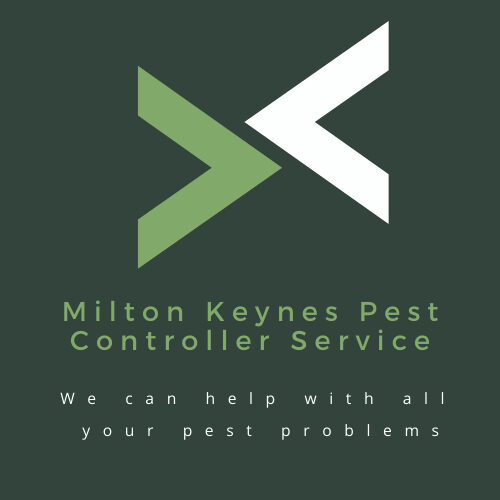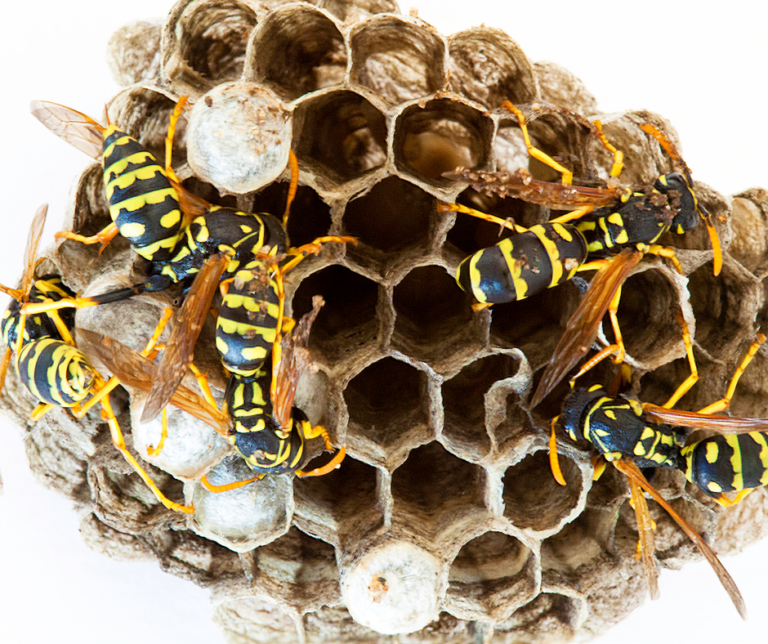Protect Your Home from Wasp Infestations: Expert Tips and Professional Pest Control Solutions
- How do wasps get into my home? Wasps can enter your home through small openings like cracks or gaps in your doors, windows, walls, or roofs. They can also get in through chimneys, vents, or other openings that lead inside.
- Why are wasps building a nest in my house? Wasps build nests in sheltered locations that are protected from the elements and provide easy access to food. This can include eaves, attics, wall cavities, or any other protected area around your home.
- How dangerous are wasps if they sting? For most people, wasp stings are painful but not dangerous. However, for people with allergies or those who are stung multiple times, wasp stings can be life-threatening.
- What should I do if I find a wasp nest in my home? It is best to avoid disturbing a wasp nest, as this can provoke the wasps and lead to stings. Instead, you should contact a professional pest control service to safely remove the nest.
- How can I prevent wasps from entering my home? To prevent wasps from entering your home, make sure all openings are sealed or screened, especially around doors and windows. Additionally, keep food and garbage covered and dispose of waste regularly.
- How can I safely remove a wasp nest from my property? It is best to have a professional pest control service remove the wasp nest. Attempting to remove it yourself can be dangerous and result in stings.
- What are some signs that I may have a wasp infestation in my home? Signs of a wasp infestation include the presence of wasps or a nest in or around your home, as well as a lot of wasp activity in the area.
- Are wasps more active during certain times of the year? Wasps are most active during the warmer months, typically from spring to fall. They become less active in the winter and the queen wasp will hibernate until the following year.
- Can wasp stings be life-threatening for people with allergies? Yes, for people with allergies, wasp stings can be life-threatening. An allergic reaction to a wasp sting can cause symptoms like difficulty breathing, swelling, hives, or anaphylaxis.
- How can I treat a wasp sting and reduce the swelling and pain? You can reduce the swelling and pain of a wasp sting by washing the area with soap and water, applying a cold compress to the affected area, and taking pain medication like ibuprofen or acetaminophen. If the sting is causing a severe allergic reaction, seek medical attention immediately.
If you are need of Wasp control please book here
Wasp Nest Removal
£90
Bookings Available Today
Please contact us for a booking time
Evenings and weekend appoitments available
Fully Insured and Guaranteed Removal
All Pest Controllers are fully trained to industry standards
Genuine 30 Minute response to all Bookings
Or Call Us on 01908 465226





